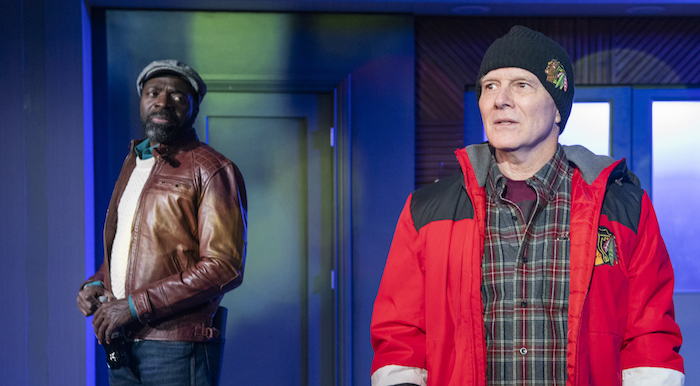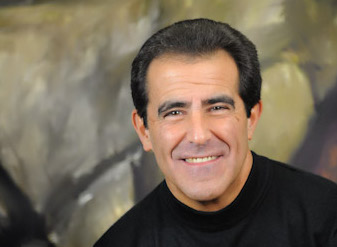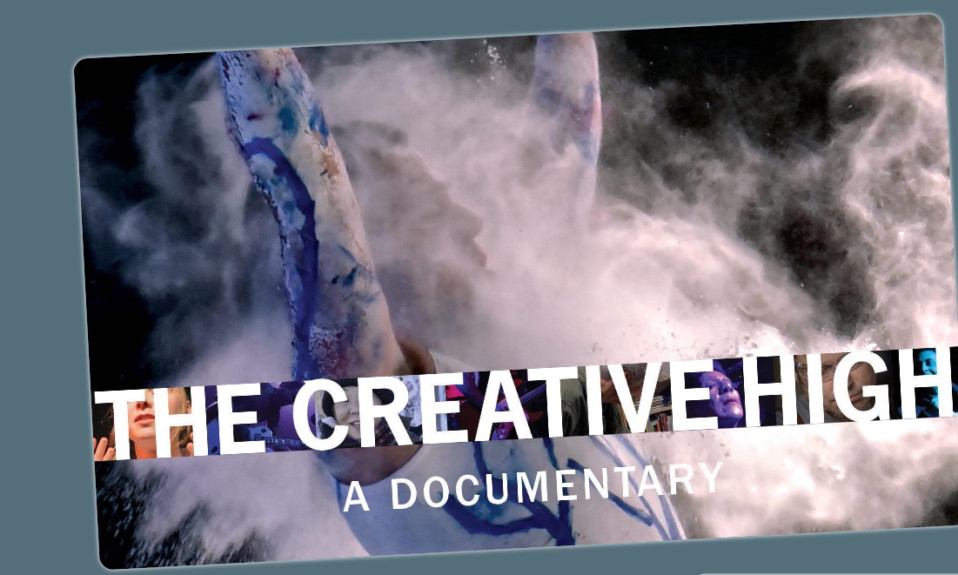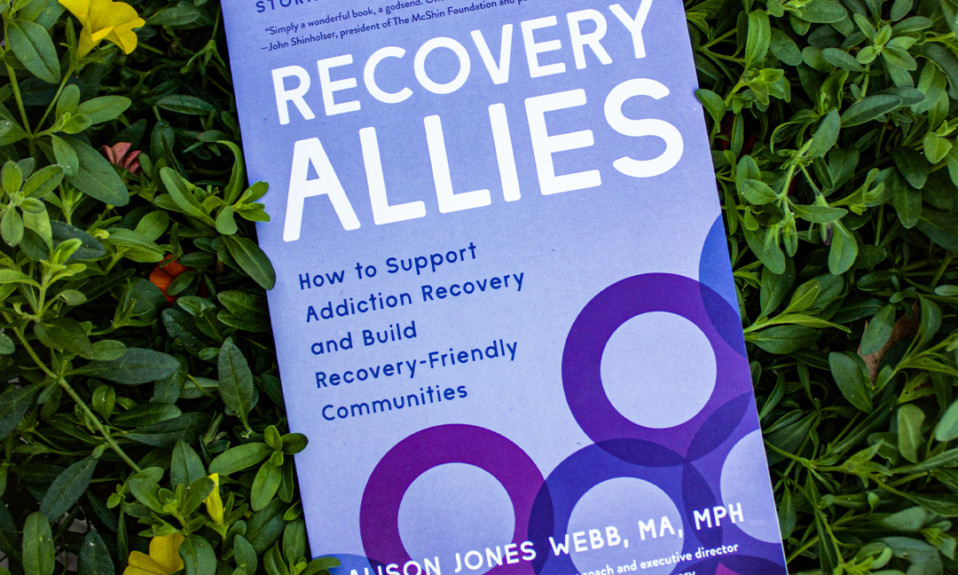The actor [right] brings a compassionate touch to his lead role in the Chicago-based play, saying the experience has taught him “how you define strength or power in your life”
By Jenny Diedrich
Actor Dan Butler hopes his newest role shows audiences that people suffering from addiction don’t fit into a certain stereotype.
Butler, who had a supporting part as Bulldog in the hit TV show Frasier (1993–2004), plays the title character Harry in the play When Harry Met Rehab, which also features Melissa Gilbert of Little House on the Prairie fame. The play runs through Jan. 30 at Chicago’s Greenhouse Theater Center.
Described as “a comedy that takes sobriety seriously,” the show is based loosely on the real-life experiences of Chicago sports radio personality Harry Teinowitz. It was co-written by Teinowitz and former ESPN personality and playwright Spike Manton. The play chronicles how a clueless alcoholic (Harry) ends up in the hands of four imperfect strangers who help to make his denial and excuses disappear. A story of redemption, perseverance and hope, the play aims to honor the estimated 22 million people in recovery, as well as their families and friends.
I feel we’re in a world and a country that needs recovery, even if it’s from anger or dividing into camps. There are plenty of things—it doesn’t have to be alcohol or drugs. It’s around us all the time. How do we learn to be supportive and empathetic toward one another?”
—Dan Butler
TreatmentMagazine.com recently talked with Butler about his role in the production and what it has taught him about addiction.
Q. What is the premise of When Harry Met Rehab?
A. [The production] is adapted pretty closely to a real-life event. Harry Teinowitz, co-writer, was a famous radio sports celebrity announcer, and he had a very public DUI about 10 years ago. To save his job and also probably save going to court and jail, he was asked pretty firmly to go to eight weeks of rehab for alcohol addiction. The show is about those eight weeks. It honors the people he encountered and also his journey through denial and cluelessness.
It’s funny because Harry was a standup comedian and brought that talent to his sports correspondence. It’s through that lens. Sometimes you see that comedy is used as a tool to deflect and avoid. From the audience’s reaction, it’s a journey that sticks with people.
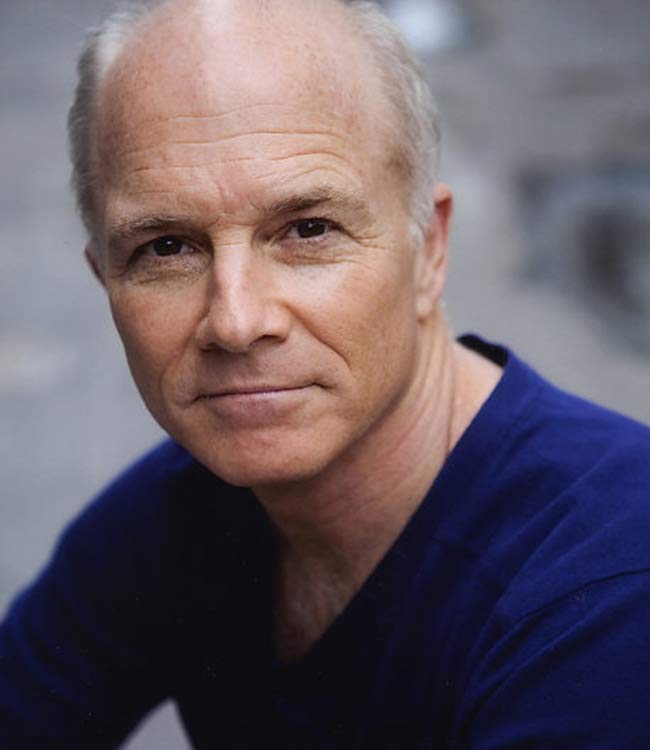
Q. How did you come to take this role?
A. A dear friend of mine, [When Harry Met Rehab] director Jackson Gay, approached me to do a Zoom reading of the play, which was in its early form. I was surprised by the power of the piece, which sort of snuck up on me. [But] I didn’t think it was necessarily a close fit for me. I had other productions I was doing and had a rotator cuff operation in August, and I was in a sling. [Jackson] said, “I want to offer you this role. We’re all aware of the [injury] rehab and the limitations, and we won’t have you do anything physically that would endanger that.” I took everything into consideration, but the bottom line was this is a gift, and be very careful about turning down a gift. I’m just grateful it all worked out.
It’s been a wonderful journey. I feel we’re in a world and a country that needs recovery, even if it’s from anger or dividing into camps. There are plenty of things—it doesn’t have to be alcohol or drugs. It’s around us all the time. How do we learn to be supportive and empathetic toward one another?
Q. What has been challenging about taking on a play like When Harry Met Rehab?
A. To pass on a story of recovery. The challenge is how to find the sweet spot where you’re not being relentlessly didactic. It’s got to be a human story, and it’s got to be dramatic. Like in any beautiful piece of writing, everything tells. You’re not showing and telling, you’re doing one or the other. Don’t repeat the message when it doesn’t need to be repeated. [Gay and I] stayed on it and worked our butts off just getting really clear about what the message was and how we could best tell it. It was a great challenge and brings out the best work.
Every night I need to discover how to take my cues and clues from the audience. You have the basic structure, but it should be a little different every time. It’s asking questions and just being present in the moment. Have confidence in the work we’ve all put into this. You keep that honed, step into it and surprise yourself.
Q. Has this role taught you anything about addiction?
A. What comes up really beautifully in this is it reorders how you define strength or power in your life. You may put someone up on a pedestal and can’t possibly see yourself as strong, and you may very well be the strong one. What seems like strength may be that someone is struggling. It’s taking the time to be still and see where you’re truly at, or to really take in another person as completely as you can instead of having some agenda or schedule.
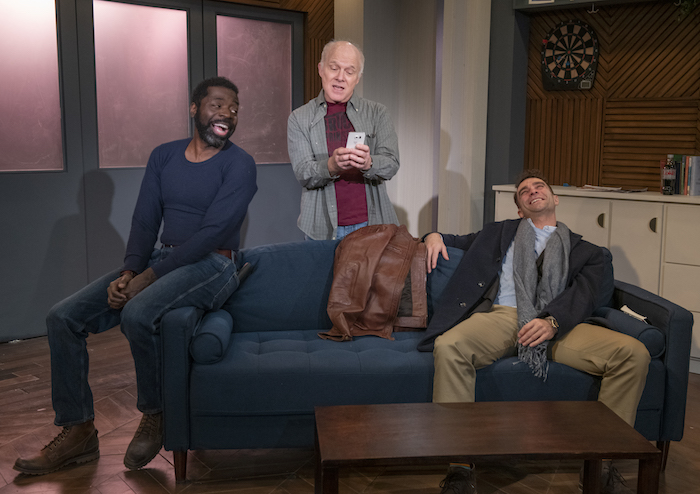
Q. What do you hope the audience takes away from When Harry Met Rehab?
A. As with any play, I would hope that you’re a different person when you leave than you were when you came in, even if it’s subtle. That it sticks with you. You can’t even put it into words what it is, but something has shifted inside you.
This is a very literal thing, but you visit people’s ideas of what an alcoholic is as opposed to the reality that it’s a disease that is widespread through all classes. It comes in many shapes and forms. I hope it brings empathy for the struggles that you may not know a person is going through. I remember [a play] had a line that I so loved, and it was something like, “Just remember that everyone you meet has at least one story that would stop your heart.” It’s so easy to forget.
Photos: Michael Brosilow


